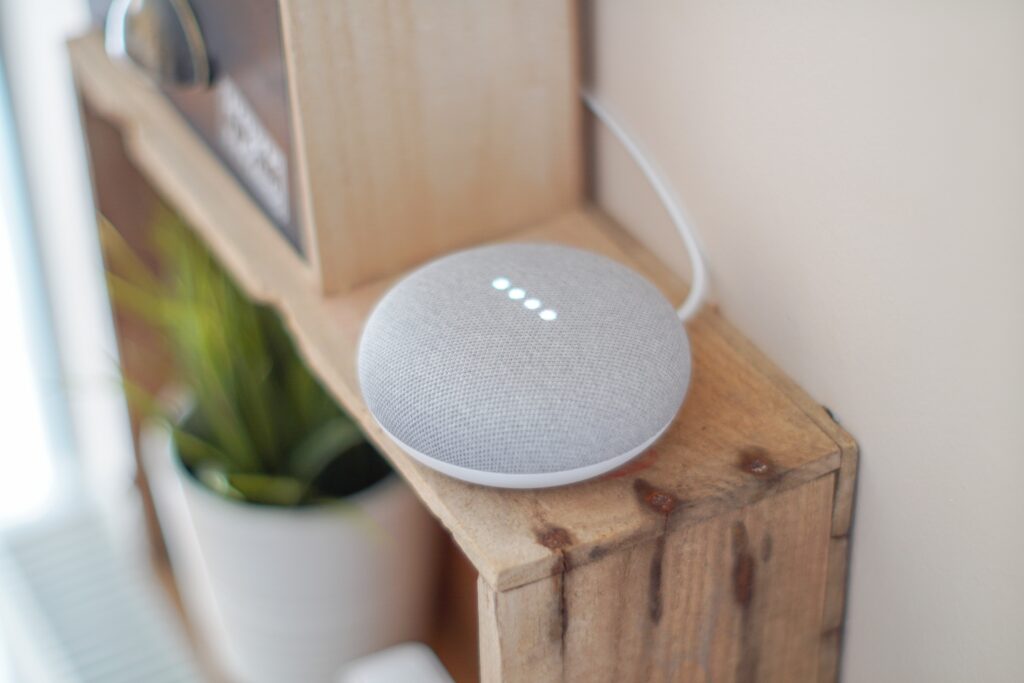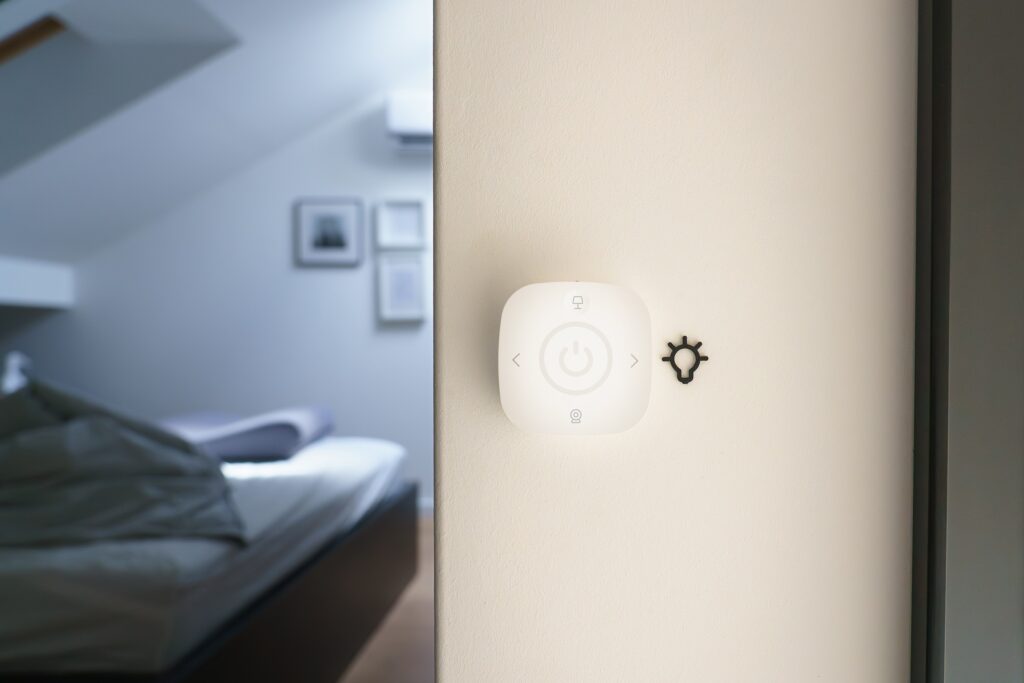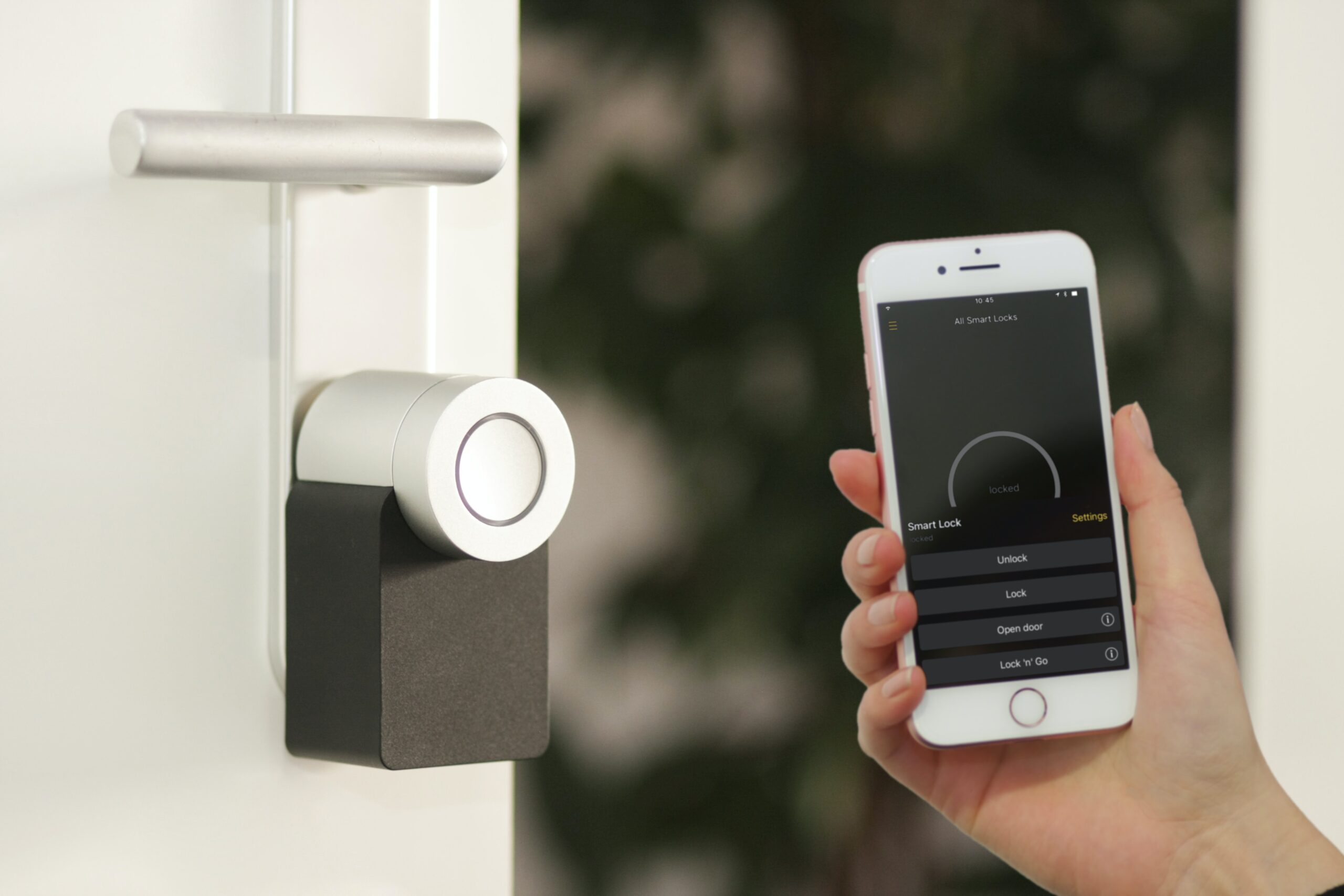Imagine a home that anticipates your needs, adjusts to your preferences, and enhances your daily life in ways you never thought possible. Welcome to the era of smart homes, where automation technology is revolutionizing the way we live. In this article, we explore the exciting world of smart homes and peek into the promising future of home automation.
The Evolution of Home Automation

Home automation, once a novelty, has evolved into a sophisticated ecosystem of interconnected devices and systems. Gone are the days when automation merely meant setting a timer for your coffee machine. Today, it encompasses a vast array of technologies that provide convenience, energy efficiency, security, and comfort.
Key Components of a Smart Home
- Voice-Activated Assistants: Smart speakers like Amazon Echo and Google Home have become central hubs, allowing you to control various devices through voice commands.
- Smart Lighting: Automated lighting systems let you adjust brightness, color, and ambiance, whether for energy savings, mood enhancement, or security.
- Thermostats: Smart thermostats like the Nest Learning Thermostat learn your temperature preferences and adapt to your schedule, reducing energy consumption.
- Security Systems: Home automation integrates security cameras, smart locks, and motion sensors, enabling remote monitoring and control for enhanced safety.
- Entertainment Systems: Automated entertainment systems offer seamless streaming, personalized recommendations, and centralized control of audio and video devices.
The Future of Home Automation

As technology continues to advance, the future of home automation holds exciting possibilities:
1. Increased Integration
Future smart homes will see even greater integration between devices and systems. Imagine your thermostat coordinating with your calendar to adjust temperatures based on your schedule or your lights reacting to your mood and activities.
2. Enhanced Energy Efficiency
Home automation will play a pivotal role in conserving energy. Systems will optimize energy usage by learning your habits and adjusting settings accordingly, resulting in substantial savings.
3. Health and Wellness
Smart homes will increasingly focus on occupants’ health and wellness. Sensors will monitor air quality, sleep patterns, and even detect health emergencies, providing a safer and healthier living environment.
4. Sustainability
Sustainability will be a core aspect of future smart homes. Automation will manage water and energy usage, incorporate renewable energy sources, and reduce waste, contributing to eco-friendly living.
5. Personalized Experiences
The future of home automation is about personalization. Homes will adapt to individual preferences, providing tailored experiences that cater to every family member.
Conclusion: A Glimpse into Tomorrow’s Homes
Smart homes are no longer the stuff of science fiction; they are a reality today, and their potential is boundless. As we step into the future, home automation will continue to evolve, making our lives more convenient, sustainable, and enjoyable. The smart homes of tomorrow will be dynamic, responsive, and deeply integrated into our daily routines, ultimately enhancing our quality of life in ways we can’t even imagine today.
FAQs
1. What exactly is a smart home, and how does it differ from a traditional home?
- A smart home is equipped with various interconnected devices and systems that can be controlled remotely and often feature automation. It differs from traditional homes by offering greater convenience, energy efficiency, and security.
2. What are some common examples of devices and systems found in a smart home?
- Common devices include smart speakers, thermostats, lighting systems, security cameras, and voice-activated assistants. Systems can range from entertainment setups to home security and environmental control.
3. How does home automation contribute to energy efficiency and sustainability in smart homes?
- Home automation optimizes energy usage by learning occupants’ habits and adjusting settings accordingly. It can also incorporate renewable energy sources and monitor and manage water usage, contributing to sustainability.
4. Is there a concern about data privacy and security in smart homes, especially with the increasing number of interconnected devices?
- Yes, data privacy and security are important considerations. It’s crucial to choose reputable devices, regularly update firmware, use strong passwords, and secure your home network to protect against potential vulnerabilities.
5. What can we expect from the future of home automation, and how will it impact our daily lives?
- The future of home automation holds promises of increased integration, enhanced energy efficiency, improved health and wellness monitoring, sustainability, and highly personalized experiences. These advancements aim to make our lives more convenient, efficient, and enjoyable.

